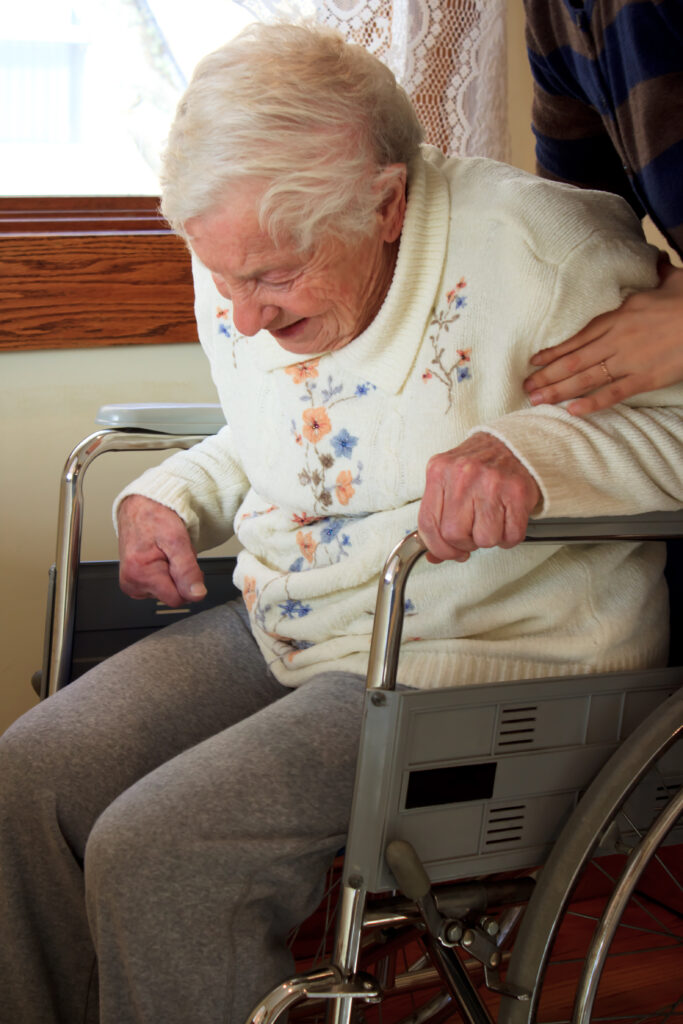It is not easy for aged care support caring for the elderly: it is daily, sometimes hard, and routine work. Over time, psychological discomfort arises: the assistant gets tired, the elderly become attached to him and become addicted. Everyone gets sick. In order to prevent such a development of events, they must be warned from the very beginning.
Tips for a helper or aged care support in working with an elderly person
If a person over 80 thinks sensibly and walks independently, this is a big plus. The development of dementia and broken bones can cause additional difficulties, so this should be avoided.
Maintain the elderly’s mobility and self-care ability. A person needs to move, do exercises in the morning, walk, strengthen their muscles and bones.

Older people may experience bruises and fractures from falls. For prevention, you need to create a comfortable and safe house: remove interfering furniture from the passageways, level the floors. Walk only in the daytime in familiar places to avoid falls on the street due to low vision. Provide a comfortable and safe toilet at night.
To maintain sanity, offer the elderly mental and creative activities: reading books, solving crosswords, knitting, drawing, board games, etc. Be sure to communicate with family and friends.
Aged care support will ensure the safety of the elderly person. Even if the caregiver lives with the elderly person, they will not always be there. In moments of loneliness, the ward must be protected. Set up a fire alarm in case a person forgets to turn off the stove, make sure that he always has a mobile phone at hand, etc.
Tips for the aged care support himself

The daily work of caring for the elderly can become burdensome for a helper who no longer has enough energy and time for his own life. Aged care support for the elderly, like people in other social careers, experience natural burnout over time, as their work requires a lot of energy.
Burnout can be recognized by how the helper feels. It all starts with enthusiasm, the fullness of strength, and the desire to help; over time, fatigue and irritation come, which flow into anger and bitterness. This is possible if most of the physical and mental strength, time, and resources are spent on the ward, and the person himself has little for his life. To prevent this, the assistant needs to follow these recommendations:
Live a healthy life. Get enough sleep, eat well, rest. Maintain your healthy physical condition.
Have your own free time. To do this, allocate time and responsibilities for caring for the ward. If you have a family, ask relatives for help. If you are alone, connect social services – there are those that help inexpensively or for free.
Do whatever you like in life. Reading your favorite books, watching movies, chatting with friends, getting involved in a hobby, etc. This is an important emotional boost that a caregiver needs.
If the helper of aged care support lives with the ward, he needs a rest outside the home. Take time to walk and spend time outside the walls of your shared home.
Do not do for the ward what he himself can. This will benefit both the pensioner and the assistant himself. The ward feels his control and independence, which are so important for him, especially in old age, and the assistant does not take on unnecessary loads. While he can – let him do it himself.

You need to see a person in a person. Due to routine work, caregivers of aged care support may lose the perception of an elderly ward as a living person. A grandmother or grandfather had lived a long life before, now they are learning to live with their old age, which brings them weakness, illness, and deprivation.
Negative changes in character are also provoked by old age, and not my personality. Many old people admit that they are completely different inside: the body is aging, but mentally they are young. If you try to look at the elderly from the outside, taking into account his living conditions, you will come to a different understanding and, accordingly, a tolerant and compassionate attitude.
The main point for the caregiver of aged care support is to live his life, to get pleasure and happiness from it. When the assistant manages to harmoniously combine his life and caring for the elderly, he and the ward live better.